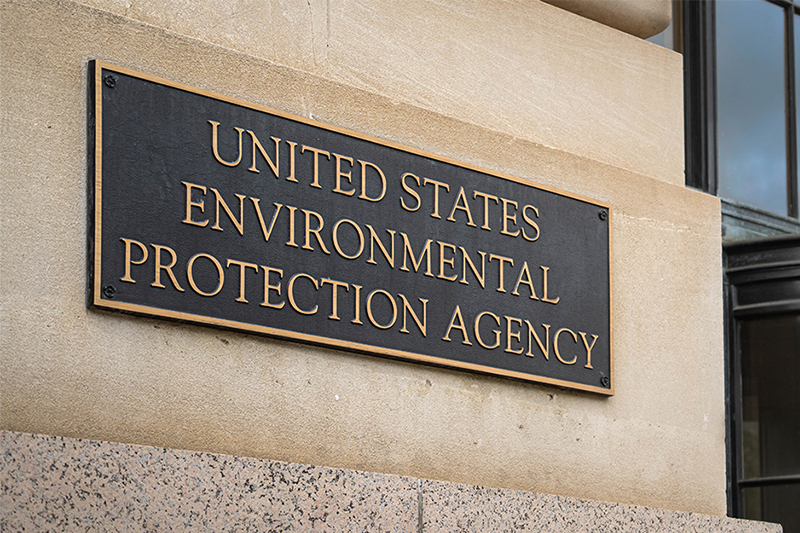Cancer-causing Chemicals Found in Cleaners Banned by EPA

On Monday, the U.S. Environmental Protection Agency (EPA) finalized the latest risk management rules for trichloroethylene (TCE) and perchloroethylene (PCE), two toxic chemicals known to cause cancer.
The chemicals were banned under the 2016 Toxic Substances Control Act (TSCA) amendments, marking another major milestone for chemical safety.
PCE and TCE are both nonflammable chlorinated solvents that are volatile organic compounds. PCE can biodegrade into TCE, and PCE may contain trace amounts of TCE as an impurity or a contaminant. The chemicals can often serve as alternatives for each other.
TCE has become a significant contaminant in U.S. drinking water, and it infamously caused contamination at Camp Lejeune, the Marine Corps base in North Carolina.
TCE is a solvent used in consumer and commercial products such as cleaning and furniture-care products, degreasers, brake cleaners, sealants, lubricants, adhesives, paints and coatings, and arts and crafts spray coatings. It is also used in the manufacture of some refrigerants. Safer alternatives are readily available for most of these uses. Most uses of TCE will be prohibited within one year, including TCE manufacture and processing for most commercial and all consumer products.
PCE is a solvent widely used in consumer products such as brake cleaners and adhesives, in commercial applications such as dry cleaning, and in many industrial settings. Safer alternatives are readily available for most of these uses.
EPA is finalizing a 10-year phaseout for the use of PCE in dry cleaning to eliminate the risk to people who work or spend considerable time at dry cleaning facilities. Use of PCE in newly acquired dry-cleaning machines will be prohibited after six months. Many dry cleaners have already begun this transition.
“It’s simply unacceptable to continue to allow cancer-causing chemicals to be used for things like glue, dry cleaning, or stain removers when safer alternatives exist,” said Michal Freedhoff, Office of Chemical Safety and Pollution Prevention assistant administrator. “These rules are grounded in the best-available science that demonstrates the harmful impacts of PCE and TCE. EPA continues to deliver on actions that protect people, including workers and children, under the nation’s premier bipartisan chemical safety law.”












